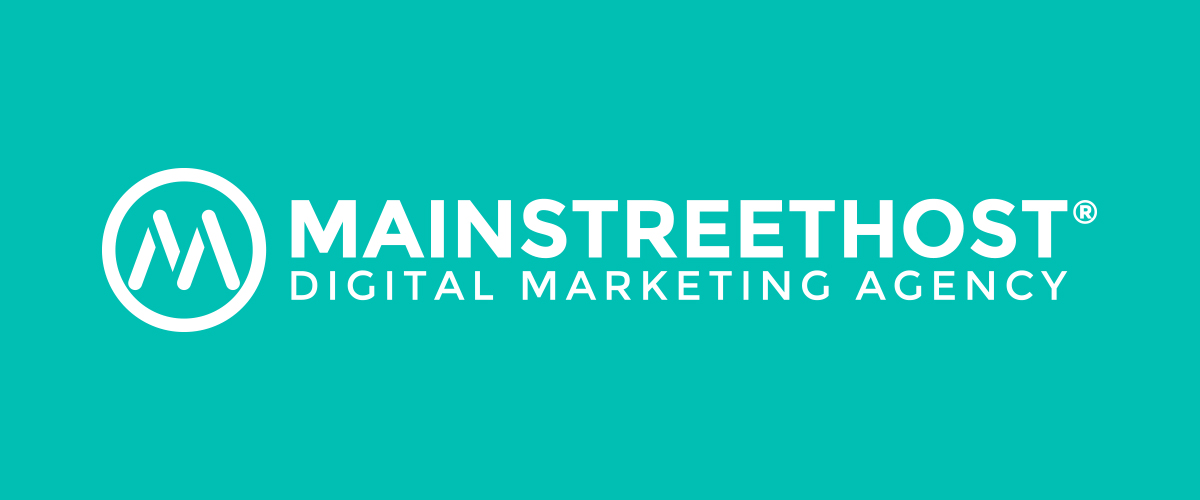This is a guest post. The views expressed in this post are those of the author and do not necessarily represent the views of Mainstreethost.
In the not-so-distant past, market research was a tedious, expensive and distinctively complex manual process. Moreover, the final data collected could prove to be dubious if inappropriate techniques were applied.
With the advent of the Internet, traditional limitations to market research have been substantially reduced. In addition, the possibilities for better quality research through online market research continue to grow by the day. Formidable hurdles to traditional market research such as high costs, heavy workloads, and protracted timelines no longer exist, thanks to online market research.
You can conduct easy and convenient primary and secondary market research through the Internet. Primary research involves collection of original data while secondary research involves collecting and analyzing existing data.
Generally, primary research requires more in terms of cost and time, but it provides information that is more specific to your research needs than the information available through secondary sources. Primary research methods include instant communities, online polls and surveys, online focus groups and social media. Secondary research methods include public records, keyword research, and reading of blogs.
Primary Online Research Methods
Instant Community
The Internet’s ability to provide information immediately has instilled a sense of urgency in the way it serves our needs, and online market research is no exception. An instant community provides very quick consumer feedback, reducing the time needed for research from weeks or months to just a few days.
Tip: You can kick off your instant community research by contacting people on your mailing list if you have one. Additionally, you can rely on existing chat forums related to your product or create a forum for a particular market research project.
Online Polls and Surveys
With polls and surveys, you can structure your research more effectively and collect specific information needed in your marketing campaign. Polls and surveys collect information that is more reliable as it explores several aspects relevant to your market research.
However, the use of online surveys may be a little more expensive than most online marketing techniques as you will have to pay $0.10 per response (at least for Google’s consumer survey tools).
Tip: Polls and surveys are very effective where quantitative primary data is required. Also, be careful to keep them simple, as most online users may not have the attention span to answer lengthy or time-consuming questions.
Social Media
Social media sites such as Twitter and Facebook have proven useful as online market research channels. Researchers can gain access to useful information about their products in a very short amount of time.
Tip: You can even focus your research on a particular social group to achieve better quality research results. Twitter and Google+ already provide the ability to create targeted lists for your market research.
Online Focus Groups
With online focus groups, pre-selected candidates take part in a discussion that is crafted around a series of research questions. The participants in this kind of research interact with each other to offer important insights into the product or service. The focus groups can be chat-based or even video and audio-based.
Tip: You should take into consideration the Internet speeds of the participants, ensuring that for video and audio online focus groups, high-speed Internet connections are available. Additionally, where a certain degree of anonymity may be necessary for the participants due to the sensitivity of the topic under discussion, chat-based focus groups may be more appropriate.
Secondary Online Research Methods
Keyword Research
Keyword research allows you to tap into information about how people look for your products or services on the Internet. This research method can help you determine product and service niches that you might venture into in the future.
Tip: Keyword research is a good way to evaluate the nature of competition you face. Sites such as Wordtracker and Keyword Discovery are great for this kind of online research.
Public Records
Information that’s publicly available can offer great ideas on what direction to take in your online market research. Several sites can provide you with quantitative data that might prove to be highly relevant to your research.
Tip: Demographic data can be obtained from government sites, which offer free information. You can also do specific searches for your targeted geographical location, e.g. https://data.qld.gov.au/, gives you access to government data for the Queensland area of Australia.
Reading Blogs
Besides government records, you can also conduct your online research using blogs. Reading blogs can be a good way to determine how your target market is likely to respond to the products or services you are offering.
Tip: Do not underestimate the importance of blogs as a source of market research information. Blogs often have loads of consumer feedback, and their content is more current as they are generally more active than other sites.
Final Word
Conducting effective online market research might require that you explore a number of research techniques. Fortunately, whether primary or secondary, online market research can offer timely and effective feedback on how your target market feels about your products and/or services. Luckily, unlike traditional market research, online market research allows you to spend less while also getting better high quality information on an accelerated timeframe.


